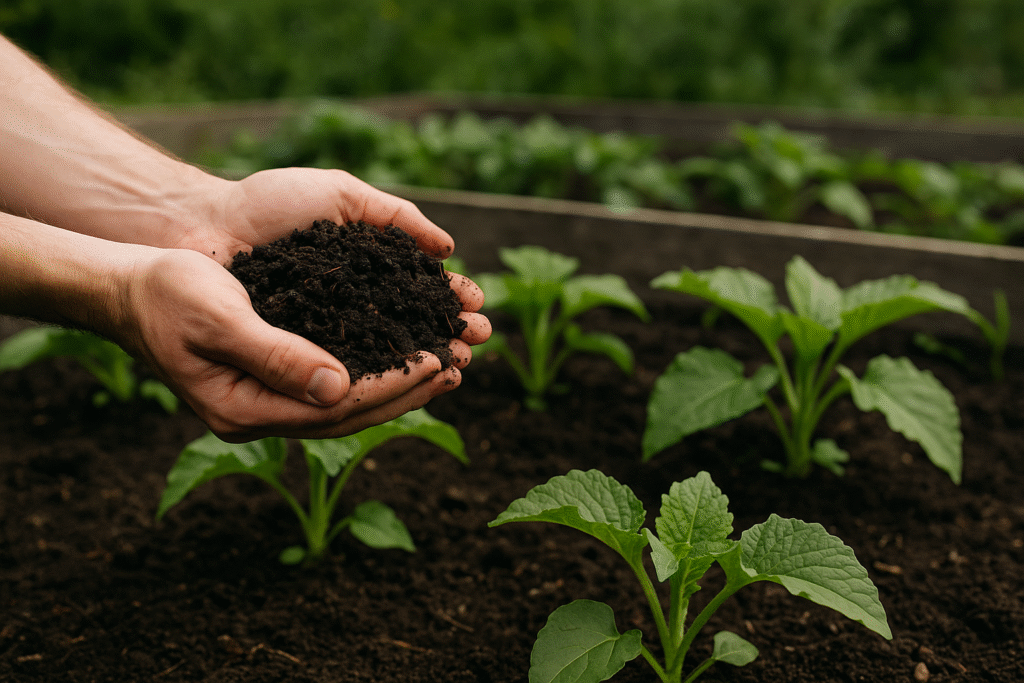
Organic gardening: Why Organic Gardening Is Beneficial
Healthier, Chemical-Free Produce
Organic gardening offers a natural and rewarding way to grow food while promoting health, sustainability, and community. If you grow your own food it allows you to control what goes into your soil and onto your plants. By not using synthetic pesticides and fertilizers, you ensure that your fruits and vegetables are free from harmful chemicals. This not only benefits your health but is also good for the environment.
Improved Mental Well-being
Working in the garden has been shown to reduce stress, anxiety, and depression. The act of nurturing plants and spending time in green spaces can enhance mood and provide a sense of accomplishment. In urban settings, where nature may be limited, creating your own green oasis can be particularly therapeutic.
Enhanced Community Engagement
Community gardens bring people together, creating social connections and a sense of belonging. working with neighbors on gardening projects can strengthen community ties and promote shared responsibility for local green spaces.
Environmental Benefits
organic gardens contribute to cleaner air, and improved biodiversity. Plants absorb carbon dioxide and release oxygen, helping to ease the effects of pollution. Additionally, gardens can support pollinators like bees and butterflies, which are very important for ecosystem health.
Food Security and Sustainability
Growing your own food reduces reliance on commercial agriculture and long supply chains. This not only ensures access to fresh produce but also decreases the carbon footprint that comes with food transportation. In times of economic uncertainty, having a personal or community garden can provide a reliable food source.
Getting Started with Organic Gardening
- Assess Your Space: Determine the amount of sunlight and space available, whether it’s a windowsill, balcony, or backyard.
- Choose Suitable Plants: Opt for crops that thrive in the space that you have and your specific climate. Herbs, leafy greens, and tomatoes are popular choices for beginners.
- Use Organic Soil and Compost: Invest in quality organic soil and consider composting kitchen scraps to increase the nutrients in your garden naturally
- Implement Natural Pest Control: Encourage beneficial insects and use natural remedies to manage pests without harmful chemicals.
- Join a Community Garden: If personal space is limited, participating in a local community garden can provide access to land and shared resources.
organic gardening empowers urban and rural people to take control of their food sources, improve their well-being, and contribute positively to the environment. By transforming small urban spaces into green havens, individuals can enjoy the myriad benefits of gardening while fostering stronger, more connected communities.
Want to learn more? Read our blog post How to Prepare Your Vegetable Garden for Spring
According to the Rodale Institute, organic farming improves soil health and reduces pollution.
